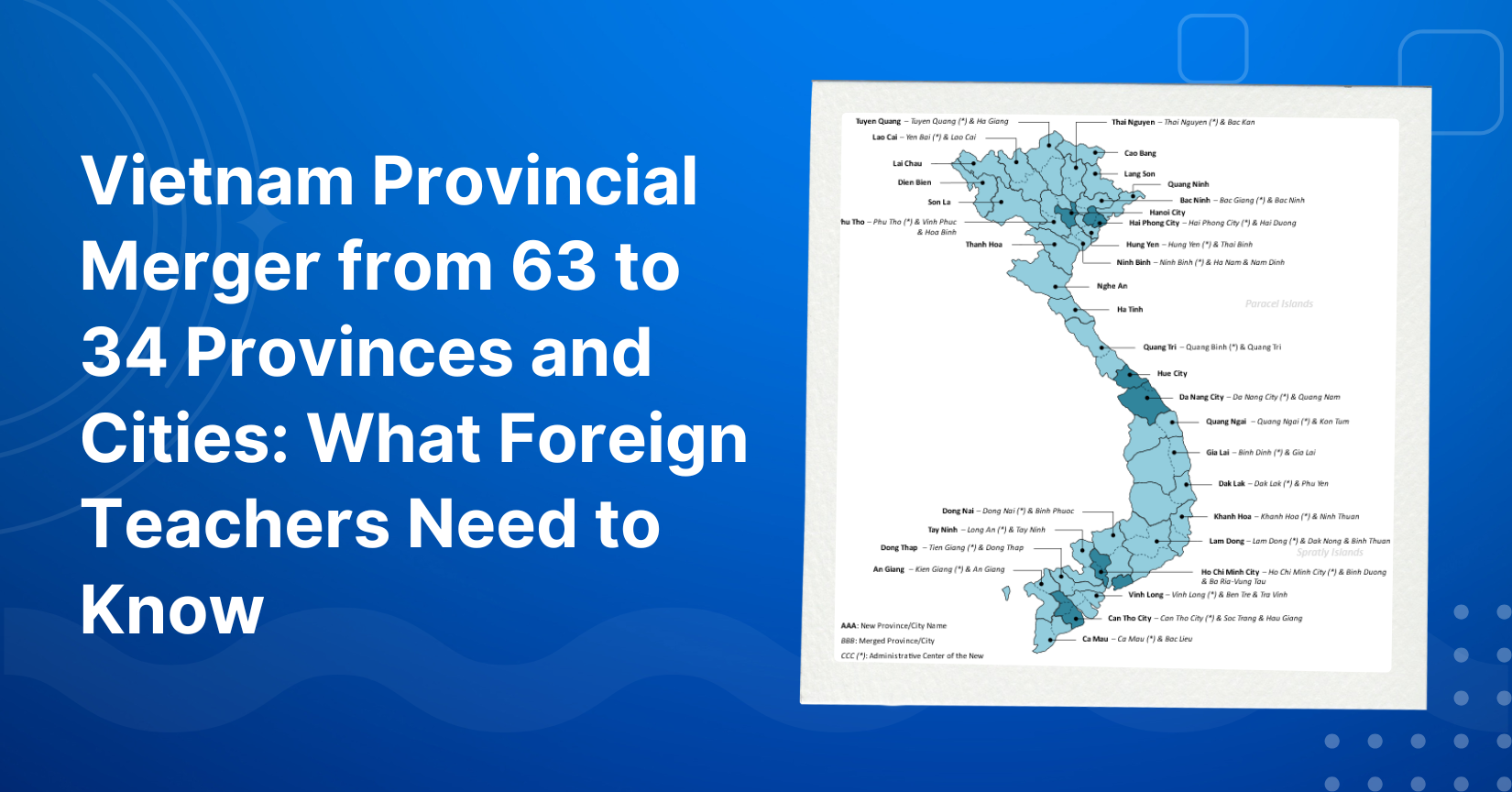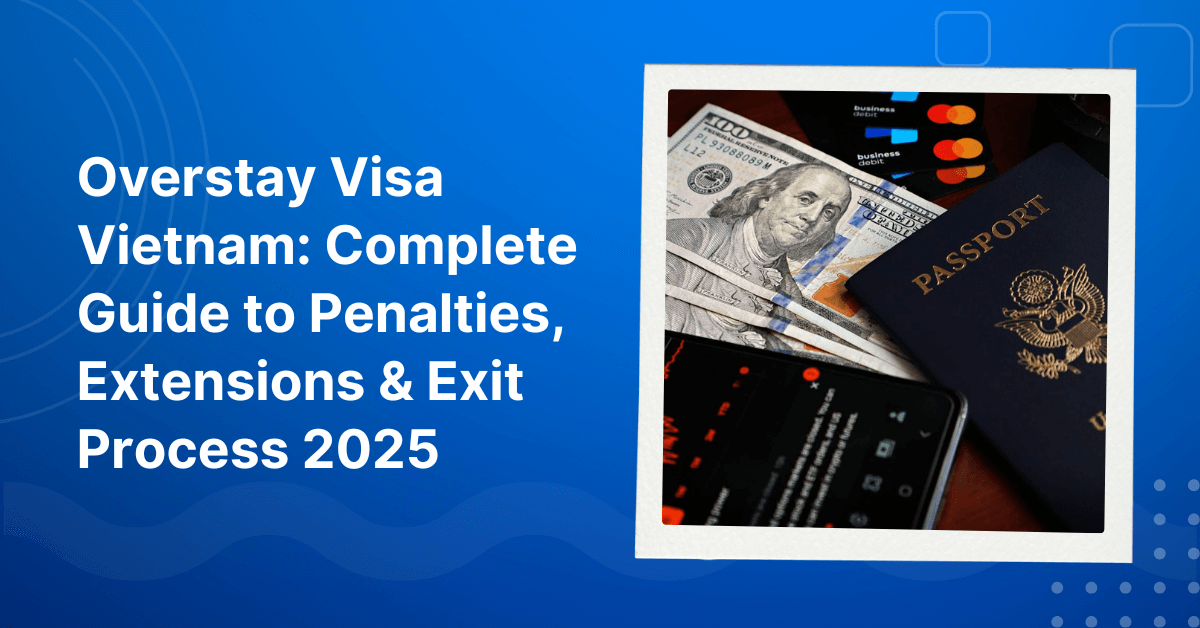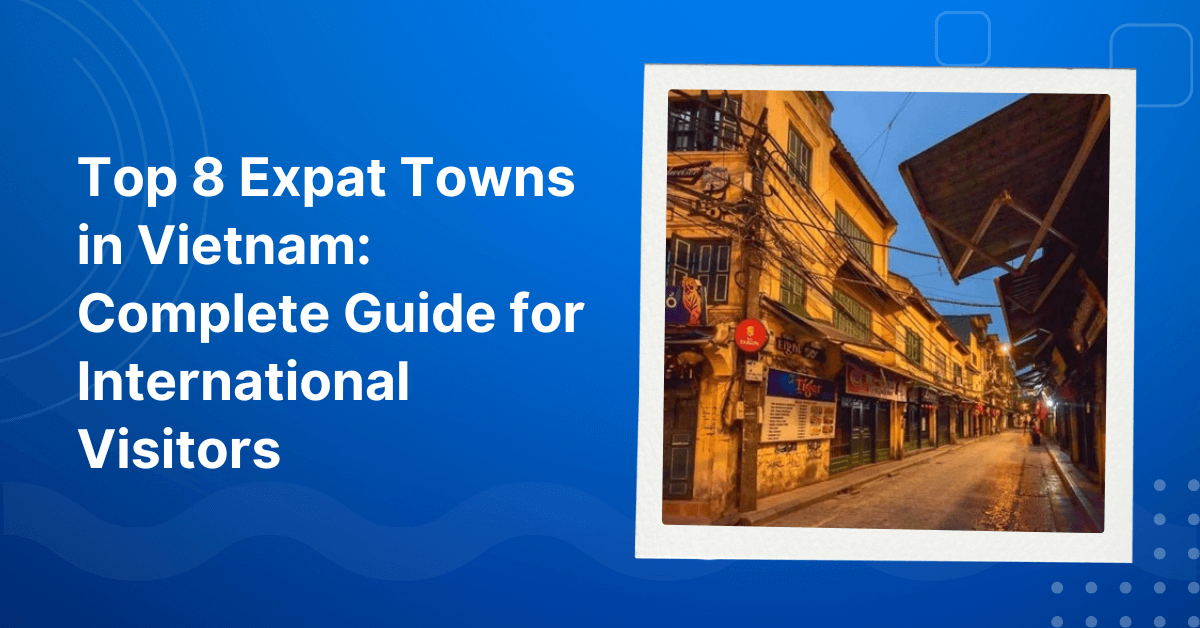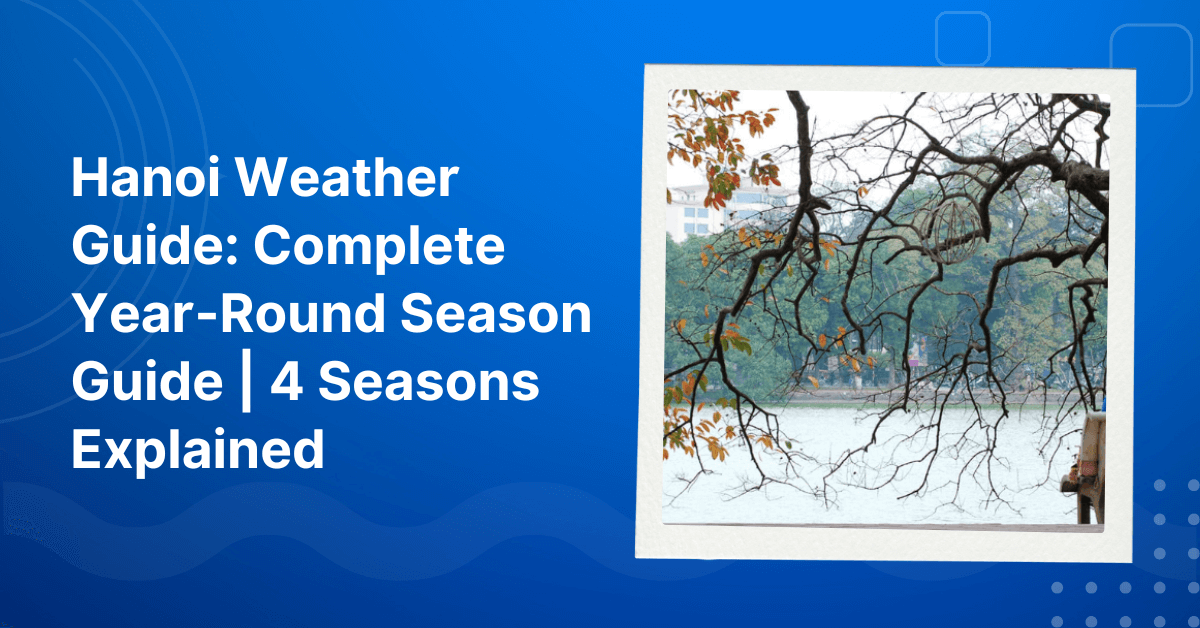Vietnam is a beautiful country with a rich culture and friendly people. As an expat living in Vietnam, it is important to know what to do when being pulled over by the police. Although being pulled over in this Asian country is different from that in other Western countries, it can still be a daunting experience, especially if you do not speak the language or understand the legal system. In this article, we will outline what expats should do when being pulled over by the police in Vietnam so that you won’t be so terrified not knowing what to do in that situation.
Most common mistakes on the road that make you get pulled over by the police in Vietnam
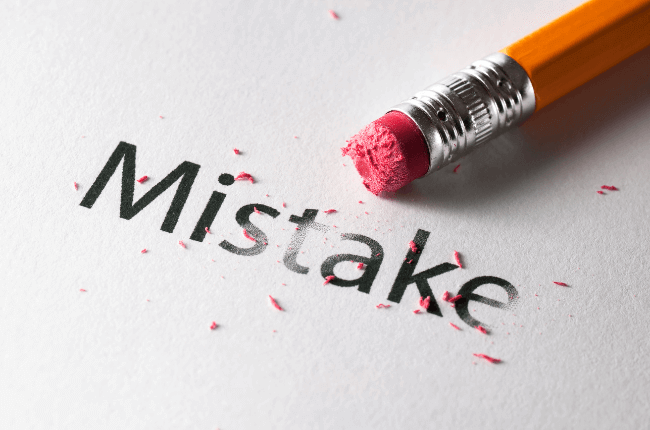
- Traffic violations: As mentioned earlier, traffic violations are one of the most common reasons for police stops in Vietnam. Common mistakes that can lead to being pulled over by the police include speeding, running a red light, not wearing a helmet while riding a motorbike or scooter, and driving under the influence of drugs or alcohol.
- Not carrying proper documentation: In Vietnam, it is mandatory to carry certain documents while driving a vehicle. This includes a valid driver’s license, vehicle registration papers, and proof of insurance. If you fail to carry any of these documents when being pulled over and checked by the police, you might be fined according to the traffic regulations.
- Having drunk alcohol: Maybe the police will notice your face is red, and they will suspect that you may have consumed alcohol. They will definitely force you to pull over to take an alcohol test. So you can avoid this by wearing a mask.
- Not following traffic rules: In addition to traffic violations, not following traffic rules can also lead to being pulled over by the police. This can include things like running the red light, driving on the wrong side of the road, and not yielding to pedestrians.
- Suspicious behavior: If the police notice any suspicious behavior, they may pull you over for questioning. This can include things like driving an unregistered or stolen vehicle, or acting nervous when being questioned, etc.
- Overloading the vehicle: Overloading a vehicle is a common mistake in Vietnam, especially when it comes to motorbikes and scooters. If the police notice that you are carrying too many passengers or too much cargo, they may pull you up to investigate.
Discover Related Guides: Vietnam Police Check: What You Need to Know
When you get pulled up by the police in Vietnam
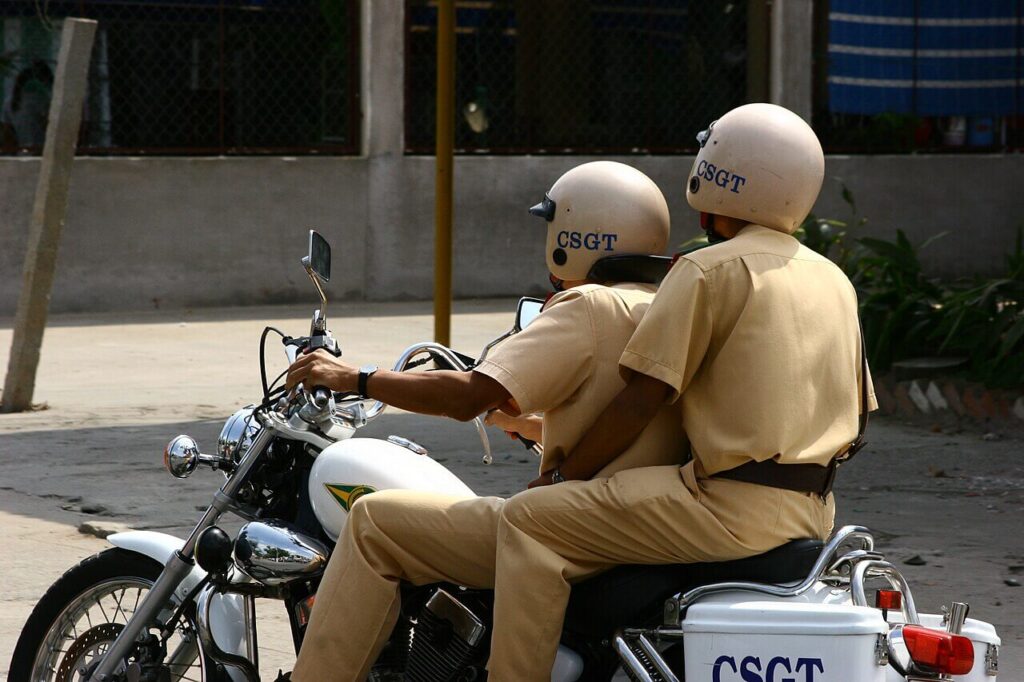
First and foremost, it is important to remain calm and respectful when being pulled over by the police. Even if you feel like you have done nothing wrong, it is important to remember that the police are just doing their job and trying to keep the community safe. If you are polite and respectful, it is more likely that the police will treat you the same way.
The next step is to cooperate with the police. This means answering their questions truthfully and providing any documentation that they may ask for. It is important to remember that in Vietnam, police officers have the authority to ask for identification at any time. As an expat, you should always carry your passport or a copy of your passport in your pockets at all times. This will make the experience way less stressful than it should be.
It is also important to understand your rights when being pulled over by the police in Vietnam. However, it is important to note that if you do not speak Vietnamese, it may be difficult to communicate this to the police. In this case, it may be helpful to call for help from a Vietnamese who can help you interpret back and forth.
Read Another Article: Which Documents Do I Need to Teach English in Vietnam Legally?
Understanding your rights
If you feel like you have been treated unfairly or that your rights have been violated, it is important to report this to the appropriate authorities. You can do this by contacting the local embassy or consulate, or by contacting a local human rights organization. It is important to remember that the police in Vietnam are held to a high standard and are expected to act with professionalism and integrity at all times.
In addition to understanding your rights, it is also important to understand the laws and regulations in Vietnam. As an expat, you are subject to the same laws as Vietnamese citizens. This means that you must follow all traffic laws, including wearing a helmet when riding a motorbike or scooter, and not drinking and driving.
It is also important to remember that drug offenses are taken very seriously in Vietnam and can result in severe penalties, including imprisonment.
If you are involved in a traffic accident or other legal situation, it is important to contact your insurance company or legal representative as soon as possible. They will be able to provide you with guidance and support throughout the process.
At last…
Finally, it is important to remember that being pulled over by the police in Vietnam is not a common occurrence. As long as you follow the regulations and remain chill and cooperative, it is unlikely that you will have any issues with the police.
In conclusion, being pulled over by the police in Vietnam can be a stressful experience for expats. However, you can easily navigate the situation by remaining calm and respectful, understanding your rights and the laws, and seeking guidance and support when necessary. As an expat, it is important to remember that you are a guest in Vietnam and should always act with integrity and respect for the local community and laws.
Explore More Content: Does Vietnam Allow Dual Citizenship?
10 frequently asked questions about traffic laws in Vietnam
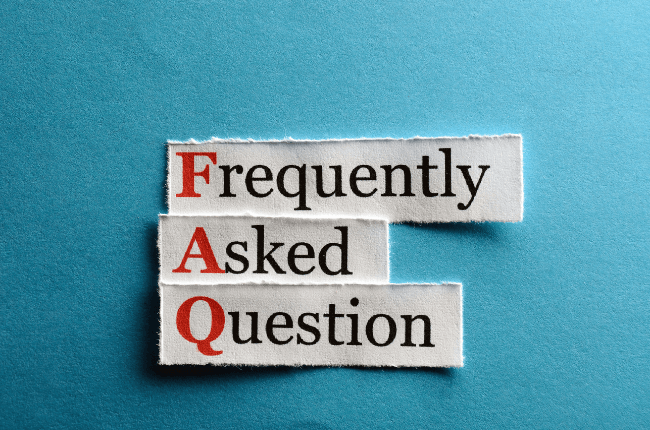
1. What is the legal driving age in Vietnam?
The legal driving age in Vietnam is 18 years old.
2. Do I need an international driver’s license to drive in Vietnam?
Yes, if you are a foreigner, you need an international driver’s license or a Vietnamese driver’s license to drive legally in Vietnam.
3. Are helmets mandatory while driving a motorbike or scooter in Vietnam?
Yes, wearing helmets is mandatory while driving a motorbike or scooter in Vietnam. Failure to wear a helmet can result in a fine.
4. What is the legal blood alcohol limit for drivers in Vietnam?
The legal blood alcohol limit for drivers in Vietnam is zero. Driving under the influence of drugs or alcohol can result in fines, imprisonment, and/or deportation.
5. Can I use my mobile phone while driving in Vietnam?
No, using a mobile phone while driving is illegal in Vietnam. This includes making phone calls, texting, and using social media.
6. What is the speed limit on the highways in Vietnam?
The speed limit on the highways in Vietnam is generally 80 km/h.
7. Are seat belts mandatory while driving a car in Vietnam?
Yes, wearing seat belts is mandatory while driving a car in Vietnam. Failure to wear a seat belt can result in a fine.
8. Can I drive a car in Vietnam with a motorbike license?
No, you need a separate license to drive a car in Vietnam.
9. What is the penalty for driving without a valid driver’s license in Vietnam?
Driving without a valid driver’s license in Vietnam can result in a fine and/or imprisonment.
10. Are traffic laws enforced strictly in Vietnam?
Yes, traffic laws are enforced strictly in Vietnam. Police officers often conduct traffic stops and issue fines for traffic violations. It is important to follow traffic rules and regulations to avoid fines and legal issues.


